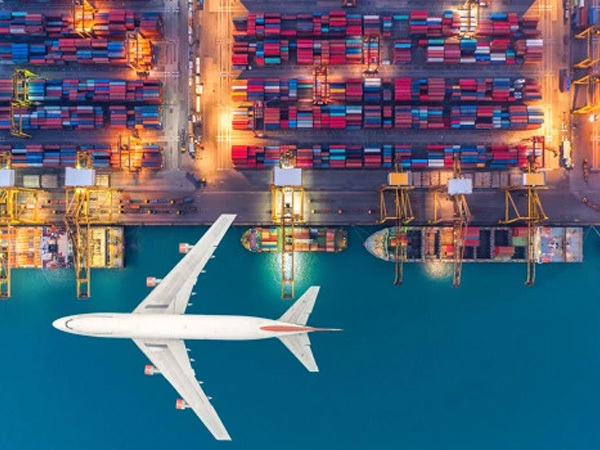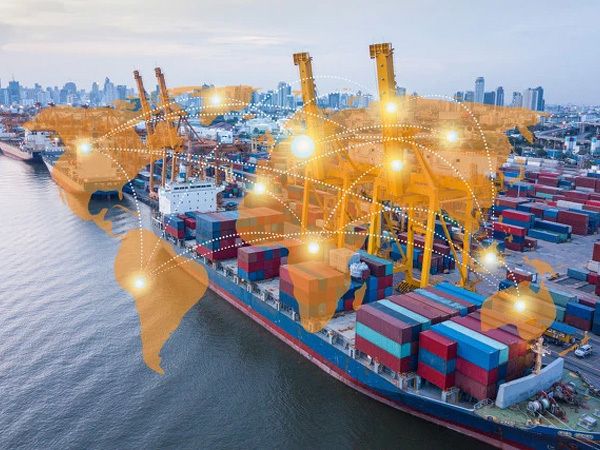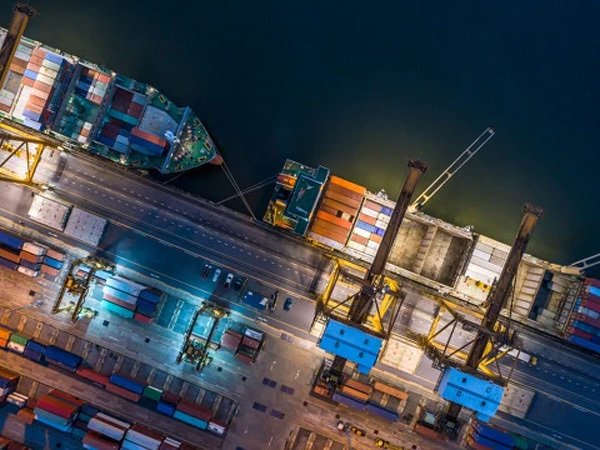The Moderating Role of Human Capital Accumulation in the Import-Influenced Skill Premium of Intermediate Goods
Published:
2023-04-12
Education is an important way to improve human capital accumulation, and the amount of education investment affects the structure of human capital and the relative supply of skilled labor in the labor market.
Education is an important way to improve human capital accumulation, and the amount of education investment affects the structure of human capital and the relative supply of skilled labor in the labor market.
In the face of import competition, labor force employment and employment structure in the host country will adjust among different sectors.
Since import competition raises the opportunity cost of education, workers are reluctant to give up education that may bring high returns and enter the labor market casually.
Thus, there will be an increase in investment in education, thus increasing the human capital accumulation of the labor force to some extent.
Household spending on education also affects the level of education.
Parents are more confident to spend money on their children's education when families can lower their income and reduce their risk through various programs such as insurance, regular paid work, and credit.
In the process of economic development, different education policies affect human capital differently. Education policies that favor an optimal education structure increase human capital accumulation and thus help to reduce the skill premium between regions.
In contrast, imbalances in the education structure, especially deviations from optimal education policies, widen the skill premium.
There is also a hierarchical structure within human capital accumulation, with basic education and higher education levels being important factors influencing the division of this hierarchy.
Basic education typically includes preschool, primary, middle and high school levels, while higher education includes specialist, undergraduate, master and doctoral levels.
At the basic education level, public education or education subsidies can boost the overall enrollment rate, and workers increase their basic skills and promote human capital accumulation through the acquisition of basic knowledge.
To a certain extent, it narrows the rate of return to education with skilled labor, and thus the skill premium.
Higher education is the country's main conduit for exporting skilled labor to the labor market, and it is also a common indicator for assessing the earnings advantage.
Large inflows of international capital can help these countries expand their economies and build the necessary infrastructure to enable the country to achieve rapid economic growth.
However, when economic policy uncertainty in the country is high, international capital chooses to leave the country temporarily in the form of capital flight in order to mitigate losses.
Large domestic capital flows abroad lead to higher discounted costs for the country's less liquid assets, which in turn leads to downward price fluctuations in financial markets.
For speculative capital, if a country has more relaxed capital controls, international capital can freely flow in or out of the country's financial markets, enhancing the volatility spillover effect between the capital-in and capital-out countries.
Since the flow of international capital around the world is still restricted to some extent, the volatility spillover effects between financial markets of different countries cannot be fully explained by the capital flow theory.

09:00-12:00 13:00-18:00 Mon-Fri

3rd floor, 116 Chogwangsandan-ro, Hanam-si, Gyeonggi-do, Republic of Korea 12989




